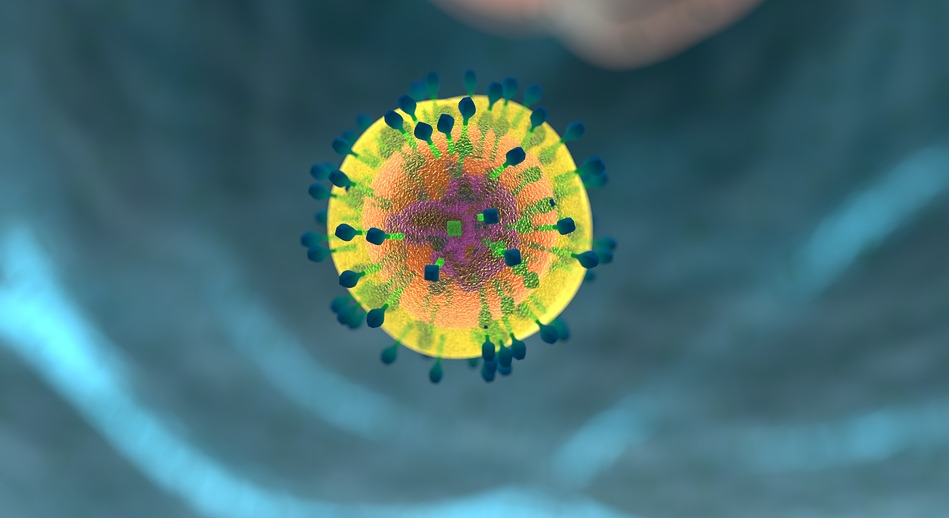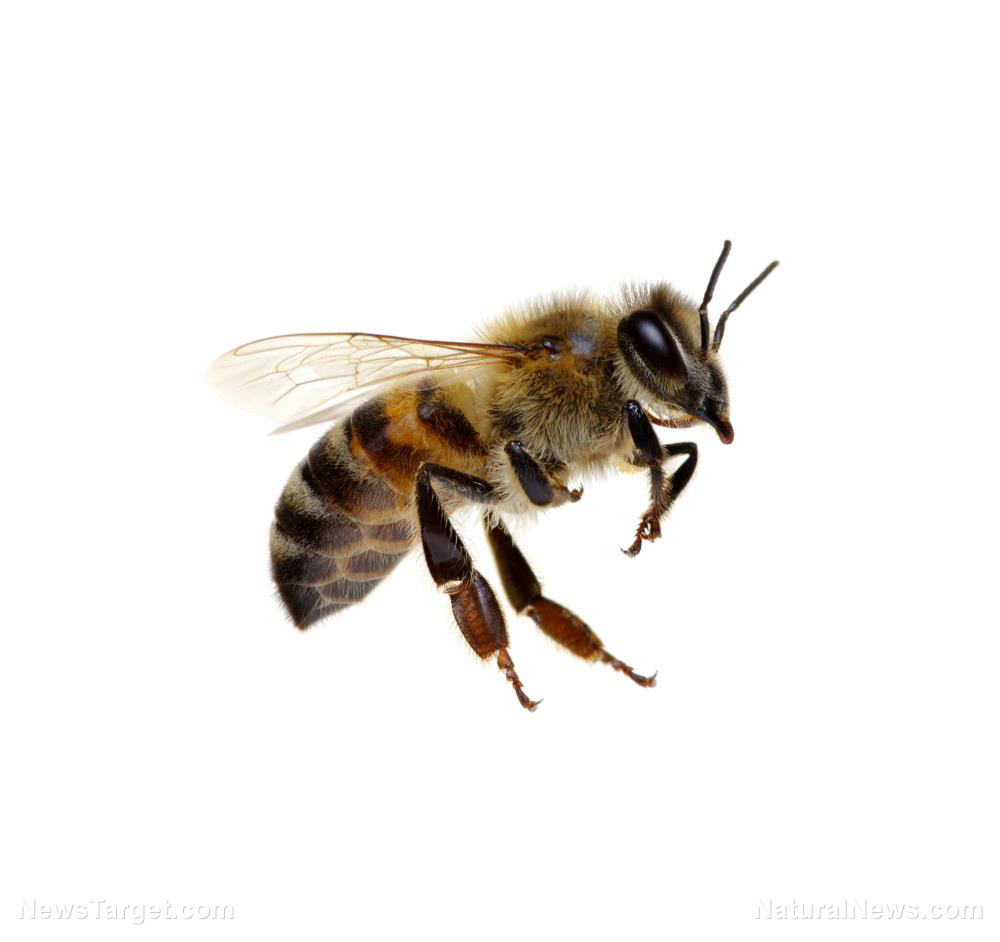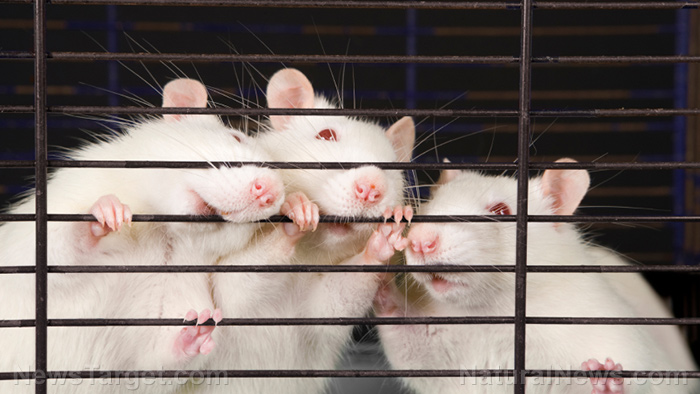Immune system intelligence: Your biochemistry “morphs” to defend against new parasites
11/11/2017 / By Janine Acero

Researchers discovered how the immune systems of certain species evolve to better adapt to new parasitic threats, all the while maintaining critical immune function that remained virtually unchanged for over millions of years, in a study published in the journal Nature Communications.
Scientists from the University of East Anglia, U.K. and Dalhousie University, Canada looked at the immune genes of the guppy fish (Poecilia reticulata) known as the Major Histocompatibility Complex (MHC genes), to determine how they adapt to survive.
Lead study author Dr. Jackie Lighten from UEA said: “Guppies are a small, colorful fish native to South America, Trinidad and Tobago. They are a fantastic model for researching the ecology and evolution of vertebrates.”
The researchers studied MHC genetic variation in 59 guppy populations in Trinidad and Tobago, Barbados, and Hawaii. They found hundreds of different immune variants called “alleles,” which appear to be clustered in a smaller number of functional groups or “supertypes”.
Professor Cock van Oosterhout, from UEA’s School of Environmental Sciences, said: “Each supertype protects the host against a specific group of parasites, and these supertypes were common across populations, and species, irrespective of the location. However, the alleles that make up a supertype track the rapid evolution of the parasites, and they too are evolving rapidly.”
The researchers found that the guppies make fine adjustments to these genes depending on their location – the perfect adaptation technique that enables these fish to survive in many different habitats. Despite this adaptation, the genes maintained critical function that remained practically the same for tens of millions of years.
The researchers said that the MHC genes are important immune system defenses found in vertebrates, including humans. The immune genes need to be highly diverse to keep up with the rapid evolution of parasites within the host. (Related: Kamikaze immune cells: Bacteria infected cells die off quickly to sound the back-up alarm against stealthy invaders.)
“MHC genes produce protein structures that are on the external surface of cells. These genes are diverse and so produce an array of proteins, each of which presents a specific part of a parasite or pathogen that has attempted to infect the body. The specific shape of the protein dictates which parasites it can recognize, and signals to the immune system to prevent infection,” said Dr. Lighten.
From aquariums to laboratories
Guppies are popular tank fish that have been used in many scientific experiments as these tropical fish are widely distributed the world over. One such experiment was done in 2015, when scientists spent a month scaring guppies to determine whether these vertebrates have individual personalities.
The scientists isolated guppies in glass tanks and simulated a predatory environment using a pulley-rigged lawn-ornament heron named “Grim” and found that each fish demonstrated a unique response to stress. The experiments went on every three days for four weeks.
According to the researchers: “Some of them go straight to the shelter. Some just stop moving, maybe hoping they won’t be seen. Some rush to the side and just swim up and down trying to escape.”
The study showed that some guppies were natural cowards while some showed braveness, and they kept proving their inclination to one or the other for the duration of the experiment. The researchers believed that studying individual traits in animals is important to the study of evolution.
Read more news about surprising scientific discoveries at Discoveries.news.
Sources include:
Tagged Under: Evolution, fish, immune system, MHC genes, parasites, vertebrates




















